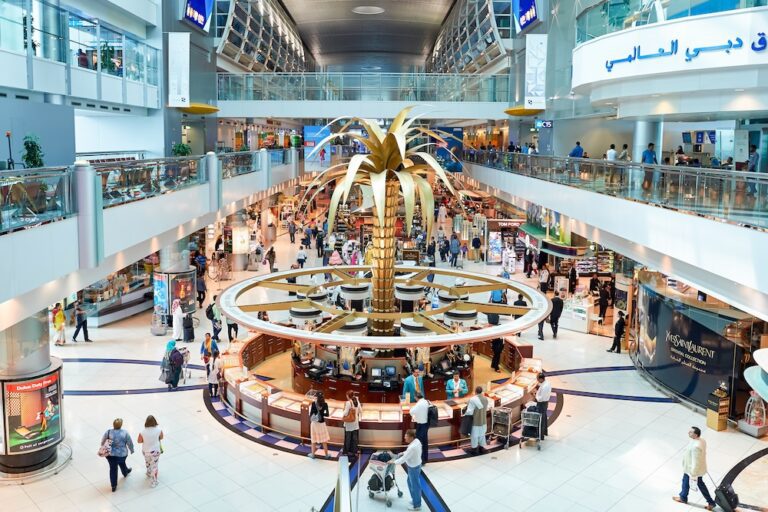International airlines may reduce services to Australia to meet future carbon emissions goals, according to an Australian Airports Association (AAA) parliamentary enquiry submission.
Guardian Australia reported that global airlines could meet future environmental commitments by cutting high-polluting, long-haul routes, such as flights to Australia, as the easiest option.
If carriers reduce the frequency of services to Southern Hemisphere, this could leave Aussie travellers will much fewer – and much more expensive – options to connect to other continents.
While mandatory global aviation emissions reduction schemes are not finalised, the AAA warned Australia risked being “priced out” of international networks when carbon targets roll out over the next decade.
“As Australia is at the edges of the global air network with long distances from Australian airports to major regional and global hubs in Asia, North America and the Middle East, it is essential to ensure Australia remains a viable destination for international migration, tourism and business travel,” the AAA’s submission said.
While domestic aviation targets fall under Australia’s emissions reduction scheme, international flight emissions fall under the International Civil Aviation Organisation’s carbon offsetting and reduction scheme for international aviation (Corsia).
AAA CEO James Goodwin added that the Australian Government needs to make clear that aviation is essential for Australia’s connectivity with an equal focus on reducing unnecessary flights elsewhere, such as replacing short-haul routes in Europe with train travel.
SAF will drive Australian aviation’s net-zero goals

The AAA also highlighted the importance of the local sustainable aviation fuel (SAF) industry and stores having the capacity to refuel long-haul flights and prevent Australia’s isolation from global network routes.
SAF capability is crucial to making long-haul flights to Australia sustainable. Currently, Australia does not currently produce SAF, however, the government’s new $30 million initiative hopes to drive local production.
Qantas also set up a $400 million Climate Fund to back sustainability projects and technologies.
Airlines have started blending small amounts of SAFs in fuel but production is not expected to reach quantities that would enable airlines to meet net-zero commitments by 2050 without relying on offsets.
Mr Goodwin said “Australia needs to play catch-up” with other countries’ SAF capabilities.
“The science is proven, we need to have an industry and get it going. It’s no silver bullet, but SAF will be one of those measures that will take us a good distance to reduce emissions.”





